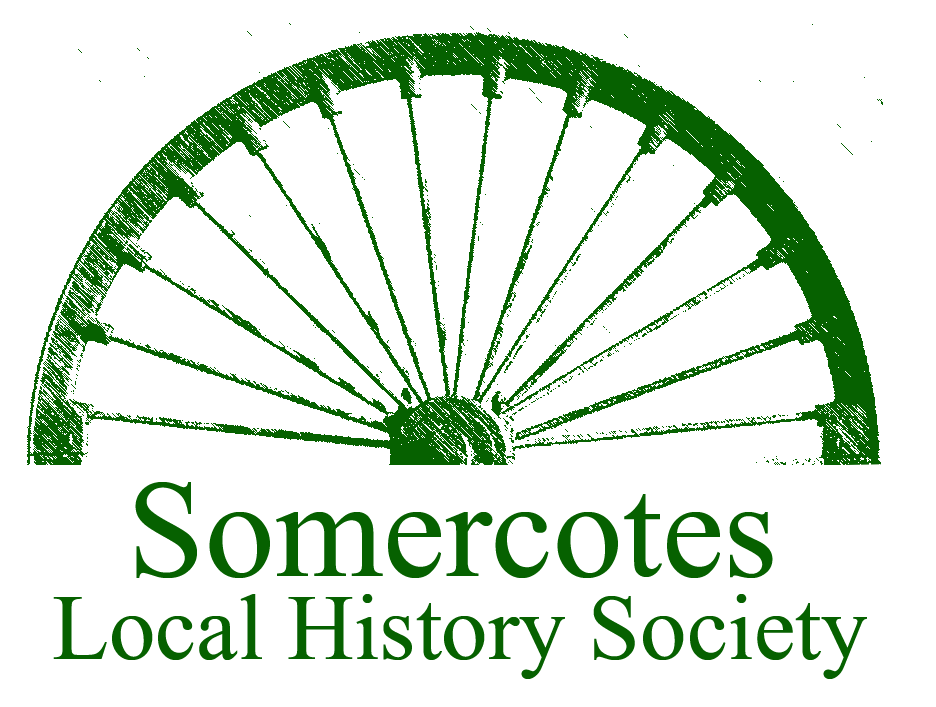






The Soldiers of Somercotes
In August 1914 the war must have been a talking point for many young men in Somercotes. Even just a few months after Britain’s declaration of war, the government campaign for volunteers had begun in earnest. It must have been the central topic of conversation.
Somercotes, in 1912, was described in Kelly’s Trade Directory as a “large and populous village” as can be witnessed by the number of men who served during the war. In total, the roll call of names, including those who were either born in Somercotes or had some connection to the village, numbered around 400, of which 81 died and whose names appear on the war memorial.
In fact, not all of the soldiers who died are listed on the Memorial. There may be various reasons why this is the case, from families moving away to other towns or villages, or simply due to the untold grief that did not enable loved ones to commemorate their relatives in this way.
After the war, the survivors returned to pick up their lives. Imagine them returning to the village, to face the mothers, fathers, wives and siblings of those not able to return. Some families would lose several men, others would lose none. How many waited in fear each morning for the postman, in case he was delivering the telegram that would bring unbearable news?
The horrors that had been witnessed on the Western Front and other theatres of war by the returning soldiers were often never spoken about. Most returned to work at the local collieries or at Riddings Ironworks.
The section titled World One Soldiers contains the names of those with a connection to Somercotes who fought during the Great War. The information for the names has been taken from the War Memorial, the Commonwealth War Graves Commission and the Absent Voters List of 1918. In particular, the Absent Voters List contains many names. An electoral register was taken in this year, and all those men absent from the village were recorded. This list will probably never be complete, and information for each soldier will be updated as and when it becomes available. If your family has been resident in Somercotes for several generations, then almost certainly, a relative will be named on the list.
Women At War
With so many men from the country fighting in France, Belgium, and the Mediterranean, women were needed to take up the rolls of the men. They worked in all kinds of jobs; farming, steelworks, ambulance drivers, postal delivery staff, firemen and any job that was vacated by the men at war. At the end of the war many people were impressed by the work the women had done, and men were forced to change their views about women being second class citizens. In 1918 after the war had finished, women were given the vote, although they had to be aged 30 or more to vote when men could vote at 21. The war changed many things in the lives of the women - no longer were they just housewives, or doing the menial jobs; over the coming years thing would change, giving them the same rights as men.
The women of Somercotes also took up the jobs of the men that were away fighting the war, particularly at the James Oakes Ironworks at Pye Bridge during the First World War.
